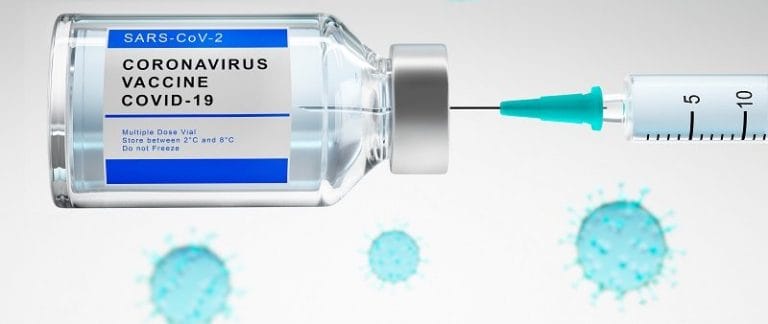
Categories

This article, authored by WLJ labor & employment attorney Stuart Jackson, originally appeared in the June 14, 2021, issue of Arkansas Business.
When vaccination rates began stalling across Arkansas and the country, private businesses and governments on all levels started looking for ways to incentivize people to get a COVID-19 vaccination. Perhaps the best-known incentive effort is being conducted by the state of Ohio, which has been announcing winners of its “Vax-A-Million” lottery. Several lucky (and vaccinated) residents have won either $1,000,000 or (for younger participants) free tuition for four years at any state university. Has it worked? Governor Mike DeWine claims vaccination rates jumped by almost half in the week following the lottery announcement.
Other states have taken different approaches. For instance, West Virginia is offering a $100 savings bond or a $100 gift card to anyone between the ages of 16 to 35 who receives, or has already received, a COVID-19 vaccine. Two of the more creative incentives I’ve seen — The Talladega Superspeedway in Alabama is offering people aged 16 and older who choose to be tested and/or vaccinated the chance to drive their car or truck on the track, and New Jersey has launched the “Shot and a Beer” program to encourage eligible residents ages 21 and over to get vaccinated – get a COVID shot, and you get a free beer.
Arkansas residents are not being left out of this push to up vaccination rates. Governor Hutchinson announced recently that employees of the State’s executive branch would get $100 bonuses for getting at least one COVID shot by July 1, and he later announced the State would hand out $20 lottery scratch-off tickets or Game & Fish gift cards to all residents who get their first dose of the vaccine (or if it’s the Johnson & Johnson vaccine, the only dose) after May 26.
The big question is this — do incentives have an impact? The answer appears to be “yes.” The Society for Human Resource Management conducted a nationwide employee survey earlier this year. Of those surveyed who were hesitant to get the vaccine, almost 70% cited a concern about the safety of the vaccine itself, with many taking a “wait-and-see” approach. When those same vaccine-hesitant employees were asked what might convince them to get vaccinated now, 24% said cash, 21% said additional paid time off and 16% said gifts or gift cards. While employers might not convince all of their vaccine-hesitant employees to get a COVID-19 shot, chances are you will have success with those who are on the fence about it. And that’s important since the vast majority of people (95% +) catching COVID-19 and going to the hospital these days are unvaccinated.
So, what should private businesses in Arkansas know or think about when offering incentives to their employees? I’d say three things:
- First, how do you know if someone has actually been vaccinated? You can require an employee to prove it. Simply asking someone if he or she has been vaccinated is not a HIPAA violation, nor is it a prohibited medical inquiry under the Americans with Disabilities Act (ADA). So, it’s fine to ask an employee who is seeking a vaccine incentive to produce his or her vaccination card — just make sure you don’t ask for any other type of health information.
- Second, don’t go overboard on the incentives if your business has arranged to provide shots at work or has partnered with a local provider to offer COVID-19 vaccinations. Without going into detail, EEOC guidance issued on May 28 continues to raise technical ADA disclosure issues when a business partners with a COVID-19 vaccine provider and that same business provides “substantial” incentives to get vaccinated. What’s substantial? There is no bright line, but my guess is that anything under $50 is safe. What about offering incentives when a business tells its employees to get the vaccine on their own? The EEOC concerns go away, meaning the business can offer substantial incentives to its employees to get vaccinated. I have heard of businesses in Arkansas offering employee incentives ranging from $25 to $1,000 to get vaccinated — in addition to paid time off to get the shot and recover from any side effects.
- Finally, make sure those employees who don’t get the vaccine aren’t harassed about their decision. If you are not mandating the vaccine, you can’t very well get mad at people who don’t get it. Some employees will have very legitimate reasons not to get the shot and, absent a mandatory vaccination policy, you really don’t need to know why someone has opted against getting vaccinated. Bottom line — you don’t want a situation in which a person with a good reason for not getting the vaccine is harassed by others.
As with all things that are employment related, don’t have a knee-jerk reaction if an employee comes to you with a concern over your vaccination incentives. Listen to the employee, understand where the employee is coming from, and talk to your HR professionals or employment lawyers before making a decision on how to respond.











































































